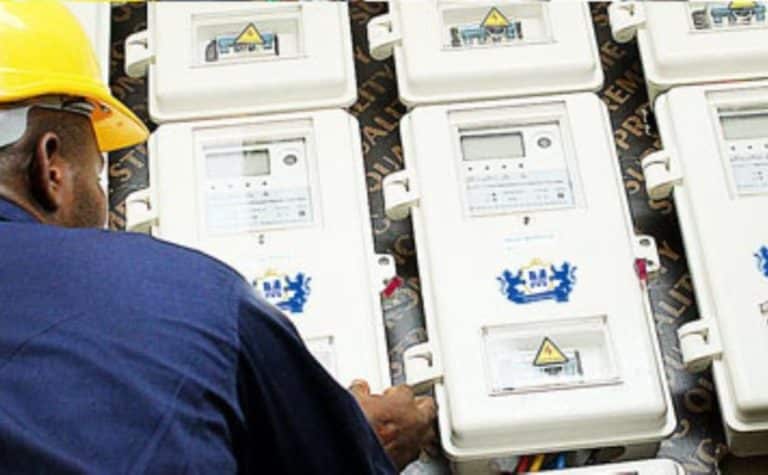Nigerian Electricity Meter Prices Increase By 28% Amid Market Deregulation.
Nigeria’s Electricity Distribution Companies (DisCos) have announced a significant increase in electricity meter prices, marking the second price adjustment in just four months. The cost of single-phase meters has now risen by 28.03%, going from approximately ₦117,000 to as high as ₦149,800, depending on the distribution company. This hike is part of an ongoing market deregulation led by the Nigerian Electricity Regulatory Commission (NERC), aimed at improving the efficiency of meter provision.
New meter prices were published on DisCos’ official X accounts, with the new rates effective from 5 November 2024. Under this adjustment, meter costs now vary significantly across regions:
Eko DisCo prices single-phase meters from ₦135,987.50 to ₦161,035, and three-phase meters between ₦226,600 and ₦266,600.
Ibadan DisCo charges ₦130,998 to ₦142,548 for single-phase meters, with three-phase meters priced between ₦226,556.25 and ₦232,008.
Abuja DisCo offers single-phase meters from ₦123,130.53 to ₦147,812.50 and three-phase meters between ₦206,345.65 and ₦236,500.
Kano DisCo lists single-phase meters from ₦127,925 to ₦129,999, with three-phase options costing between ₦223,793 and ₦235,425.
Kaduna DisCo provides single-phase meters at ₦131,150 to ₦142,548.94 and three-phase meters from ₦220,375 to ₦232,008.04.
The recent price hikes follow NERC’s April 2024 deregulation policy for the Meter Asset Provider (MAP) scheme, which aims to create a more competitive metering environment by allowing vendors to set prices through competitive bidding rather than centralised regulation. This deregulation is intended to encourage competition, improve service quality, and increase transparency, with MAP vendors now permitted to operate across all distribution networks, provided they meet regulatory standards.
Previously, NERC controlled meter prices to keep them affordable; however, this approach restricted market competition and transparency. Under the new framework, DisCos and customers are free to negotiate with multiple vendors, potentially securing better deals and improving overall efficiency in the meter supply system.
While this deregulation is expected to enhance the metering process, the recent price increases have raised concerns among consumers regarding the affordability of metering services. NERC, however, remains optimistic that the long-term benefits of a competitive metering market will outweigh these initial adjustments, ultimately leading to improved pricing and service quality for Nigerian electricity consumers.



